Yellow Jackets is the common name for “wasp” in North America. While many people might mistake bees for wasps, they are very much different. Bees prefer to feed pollen to their larvae, on the other hand, wasps or yellow jackets feed theirs with insects. For a lot of farmers, this is a good thing.
Having wasps around your farm or home where you have a garden around might actually pose an advantage, but that doesn’t make the wasp’s sting less painful, thus a very good reason why you should keep wasps away.
A Bee might sting you once in self-defense, while a wasp might sting you multiple times making the experience extremely uncomfortable for you. Research has even shown that a wasp’s stinger contains venom that is transmitted to humans in every sting.
Keeping wasps away isn’t a very difficult thing to do, there are so many recipes and methods that you could use to get rid of the stinger for good.
In this article, we will cover a couple of those methods and even include some tips that’ll help in your quest to get rid of wasps for good.
Table of Contents
What smell do wasps hate?
We have covered to an extent what scent wasps love. Now, let us talk about their dislikes — of course, there are so many out there. Using these around your home or surrounding can keep pesky little bugs away.
- Mint.
- Wormwood.
- Eucalyptus.
- Peppermint.
- Lemongrass.
- Sliced cucumber.
These are some of the things with special scents that would keep the hornets away!
12 Methods To Keep Wasps Away
1. Soap And Water
This method was gotten from an expert in wasp removal called “Chris Walker,” it is easy to make and the ingredients needed can easily be found at home without having to make any purchase. All you need to do is create a mixture of plain water and soap, fill it up in a spray bottle and use it on the wasp.
How does this work? Wasps breathe through their pores which are referred to as “spiracles.” The presence of soap in the water blocks their spiracles making it difficult to breathe and causing death almost immediately.
Make sure you spray a good amount on them!
2. Wormwood
Wormwood is a plant that has a lot of health benefits but can also be harmful to us humans, so, you should be careful where you plant it especially if you have inquisitive kids.
Yellowjackets hate the wormwood plant, if you have good soil around your home, you should consider planting it to drive wasps and hornets away from your patio, or surrounding. However, you must not plant wormwood around other flowers or plants as it is poisonous.
3. Use Cucumbers
If you want to keep wasps away without having to sprinkle or spray substances that might be harmful to your health or plants around you, then this is just the right method for you. Fresh cucumbers can easily repel hornets.
To achieve this method, you need to cut a fresh cucumber into different sizes and then place them in a single layer on an aluminum plate.
You can place these plate(s) around your patio or yard and the wasps will go away. Wasps are able to sense the chemical scent produced due to a reaction from the cucumber on aluminum. This scent is not noticeable to humans.
4. Wasp Traps
Trapping is another good way to get rid of wasps, but make sure you build a good enough trap, else if those wasps are able to escape from the trap you will be hurt real good. The traps are quite easy to build, you will need bait(something they love) to lure them into the trap. Read on to find complete details on how to make a wasp trap. It’s just down below.
5. Plant Thyme
Here’s another thing they do not like. This plant does a great job of driving yellow jackets away from your surroundings, and the best part is that it is easy to plant and doesn’t require much maintenance.
As an advantage, you can always get some thyme from your garden for your cooking needs. Talk about an amazing idea! Be sure to water it regularly but not overly and also plant it in an area where it will be exposed to sunlight.
6. Peppermint Oil
Research has shown that yellow jackets are repelled by anything with mint. Peppermint oil has been proven to work in different cases against wasps. To utilize this, you will need to soak cotton pads with the oil and place the pads in areas where you want to fight off yellow jackets, and let the peppermint oil do the trick.
This method can also help fight off other insects such as spiders, flies, and more from your home.
7. Sugar Water Traps
Here’s another method that works like magic, this doesn’t drive wasps, it rather attracts them and then traps them, they won’t be able to escape and eventually die. It is very easy to make the sugar water wasp trap.
8. Seal Waste Bins
As I said, wasps are attracted to a couple of things like your trash can. Research has shown that wasps problems are worse in areas that have a lot of food sources hence (waste bins). Make sure your waste bin is sealed and done properly. You can even consider composting indoors if outdoors is causing issues.
9. Cover Up Cracks
Preventive measures should be taken if you want to keep yellow jackets away from your home. Trust me, it is even better to have them outside than inside your home, there’s a higher chance of getting bitten if they find their way in.
You should cover up cracks in your windows, doors, and just about anywhere with an opening that’ll give easy access to your home.
10. Use Smoke For Nests
Another fun way to deal with wasps is by smoking them out. You should do this outdoors. For this method, you’ll be attacking their nest. Make a controlled fire below their nest, the smoke will most definitely drive them away. Allow the smoke to disturb them for about an hour or more and see the magic.
11. Brown Paper Bags
Research has shown that yellow jackets are very territorial, they won’t inhabit a location where a nest already exists. You can use this to your advantage by getting a brown paper bag, blowing in some air into it, tying up the mouth of the bag, and then hanging it in the area you do not want wasps and they’ll never come. A great decoy!
12. Cloves
Cloves have proven to be very useful for repelling not just wasps but even bees. The scent is very offensive to them. Simply spread some cloves around the areas where you do not need the pesky little insects and they’ll never come.
What are wasps attracted to?
Just before you deal with your wasp infestation problem, you should consider what it is that brought the uninvited guests in the first place. The one word would be “scent” Their sense of smell is quite unique, they are attracted to a couple of things that might be in or around your home, some of these things include but are not limited to;
- Heavily loaded trash can - this is literally like a treasure chest to wasp, especially if it contains things they like.
- Fallen apples beneath trees.
- Soda can.
- Fruit juice container.
Getting rid of your trash can when it is full and covering it up properly is a good way to drive yellow jackets away. If you have a fruit tree outside your home, you might not necessarily need to cut it down, just make sure you clear out fruits when they have fallen to the ground and dispose of them properly. Also, make sure your kids do not leave a soda can or fruit juice container laying around.
The goal here is to make the environment unconducive for the hornets, they won’t come visiting if there is no reason to.
Some even say waps can be attracted to sweet-smelling perfumes, “so, you had better not smell too sweet” — haha! You shouldn’t take it too seriously, but be careful!
How does vinegar kill yellow jackets?
Yes! One effective method of controlling yellow jackets around your home is by simply spraying them with vinegar. Just as we humans are allergic to things like acid on our skin, vinegar is the last thing a wasp would want to feel on its body.
By simply mixing an equal amount of water and vinegar in a spray bottle and spritzing it on the wasp will kill it almost immediately. Be sure not to miss when performing this so you don’t end up being stung, also, stay as far away as possible.
Last Advice
Wasps and their distant cousins’ bees all play an important role in our ecosystem. However, it is also important that they stay away from our space so they don’t feel threatened and sting. All the tips above have been tested and are trusted. If you can’t perform any of the methods above, you should contact a wildlife expert around your area.
Thanks for stopping by, I hope this article has helped you understand how to keep wasps away for good. Feel free to contribute or ask questions regarding this article in the comment section below and we will get back to you shortly.

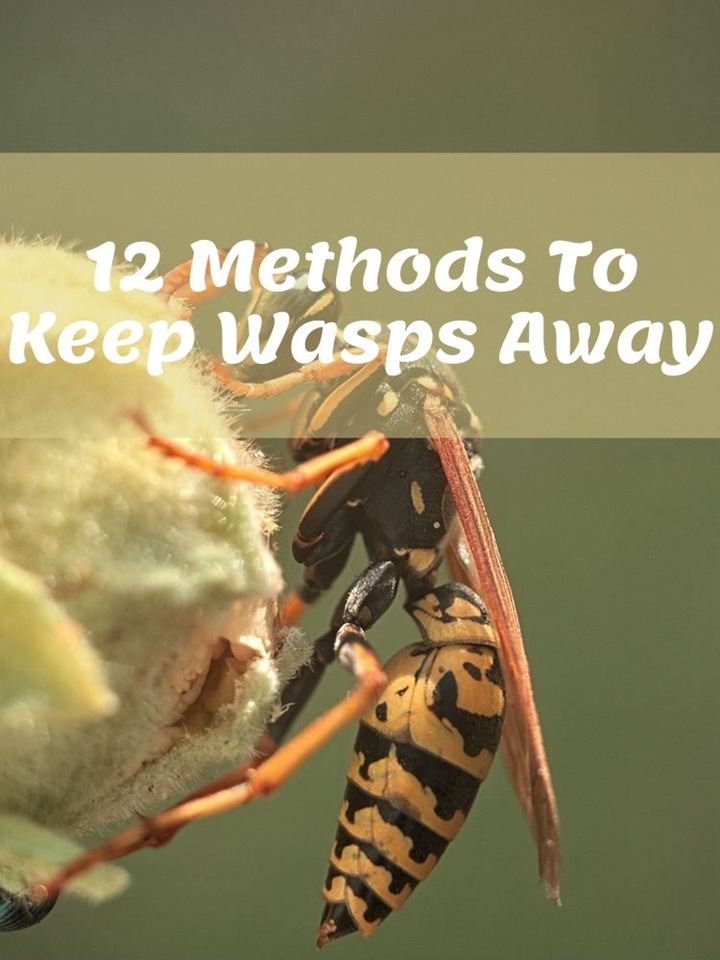
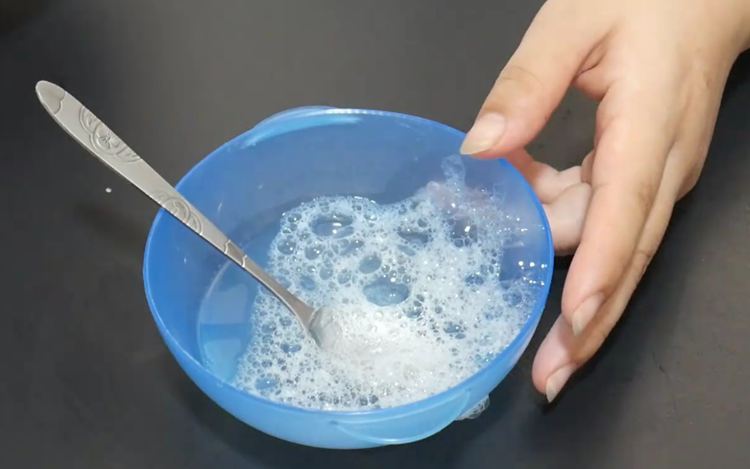
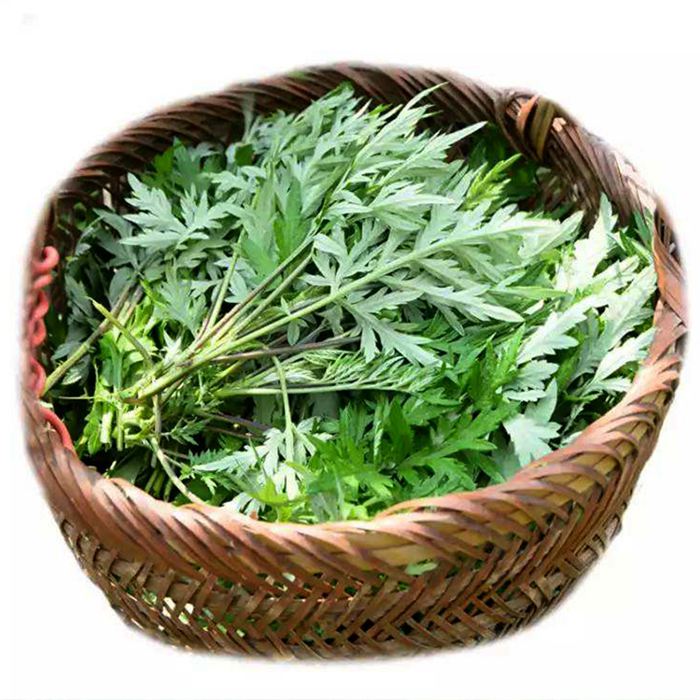
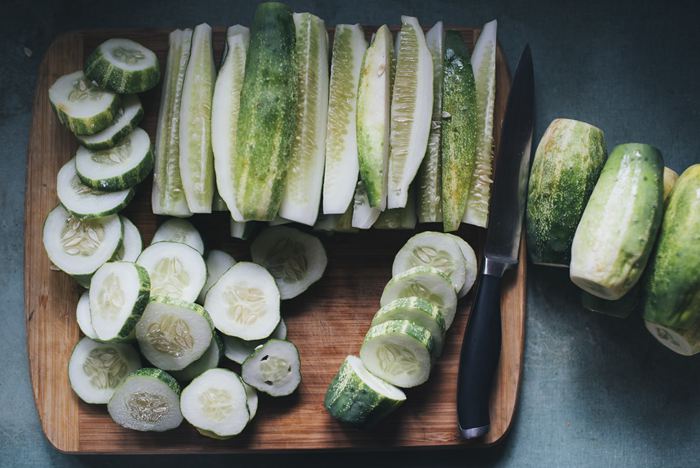

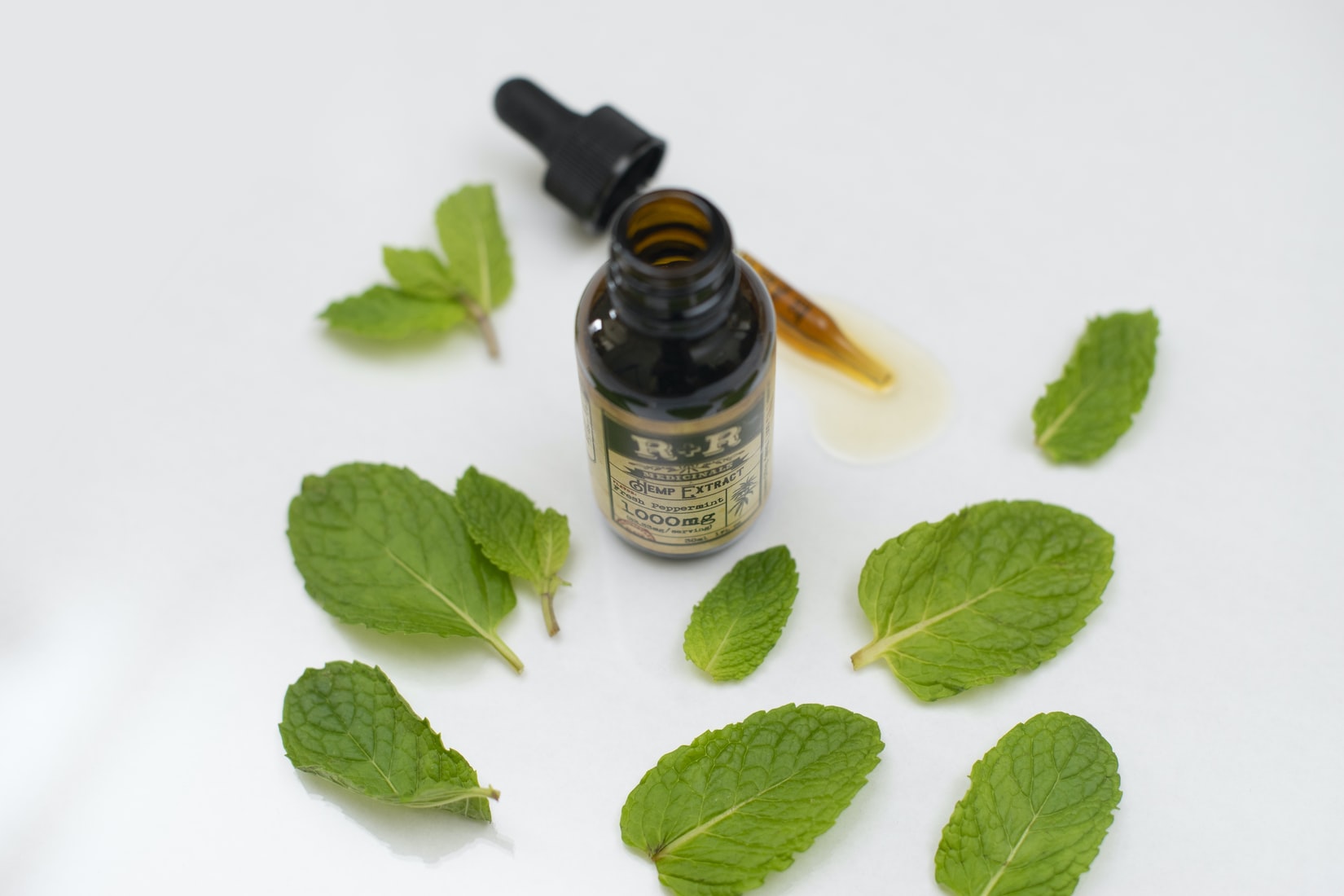
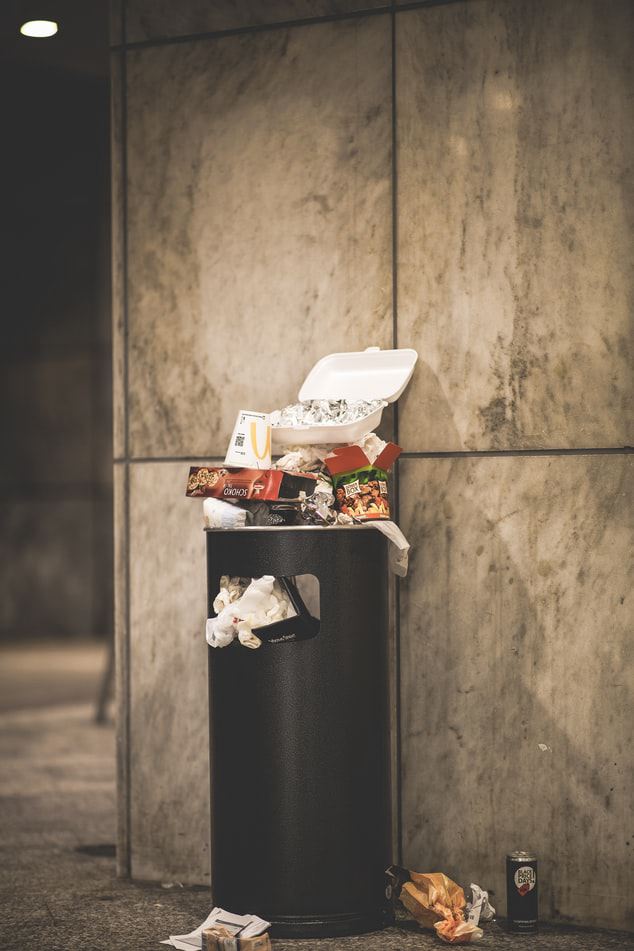
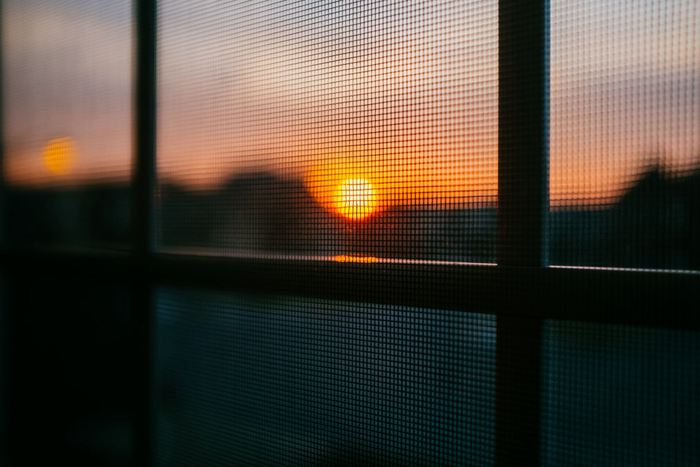

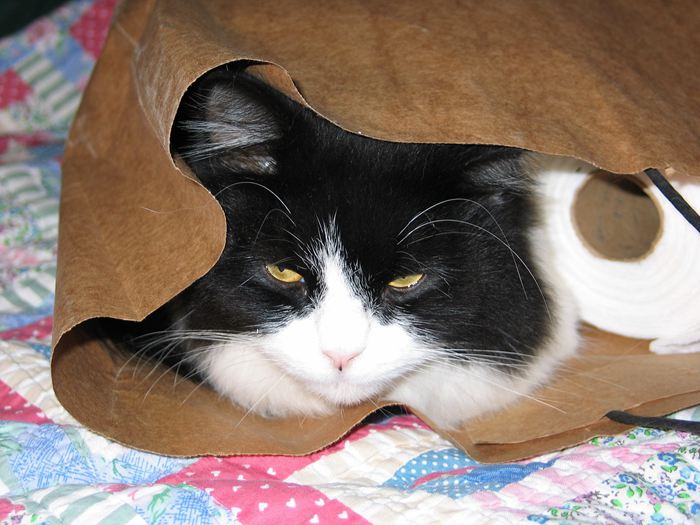
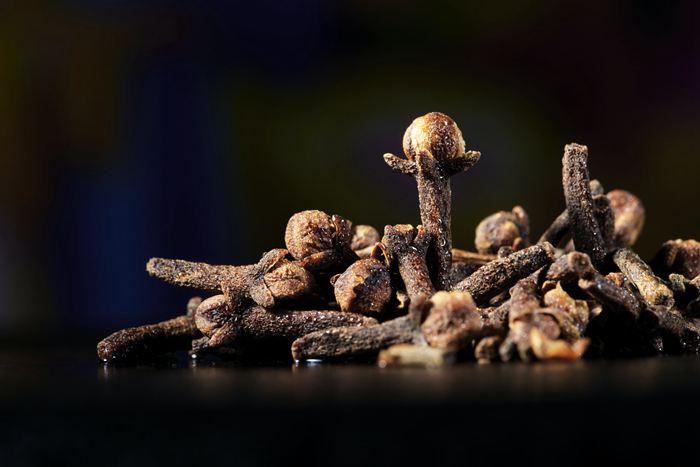
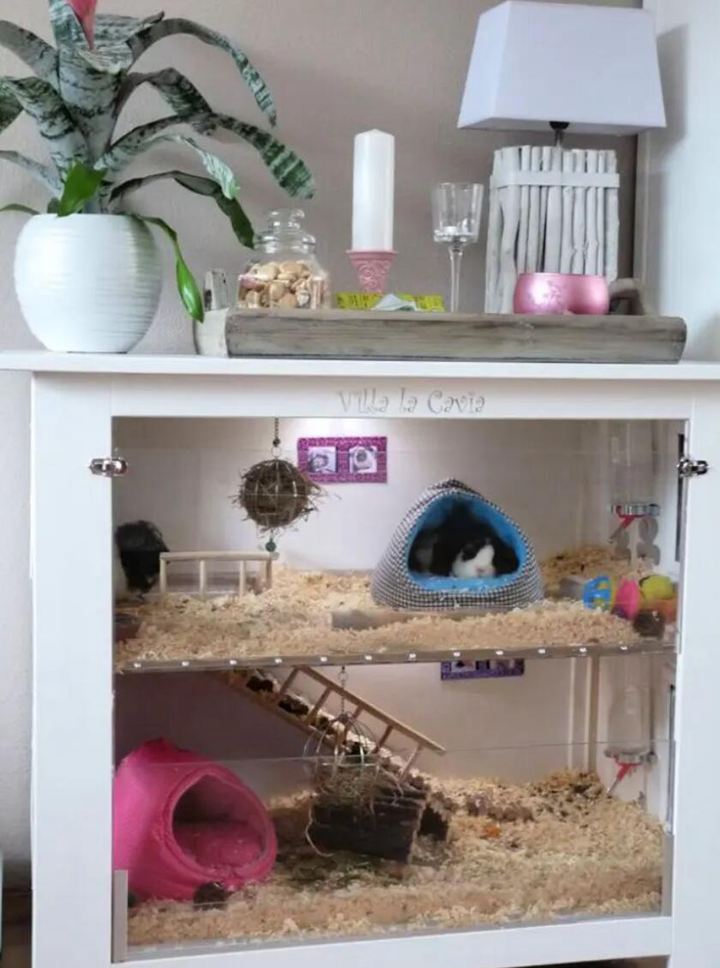

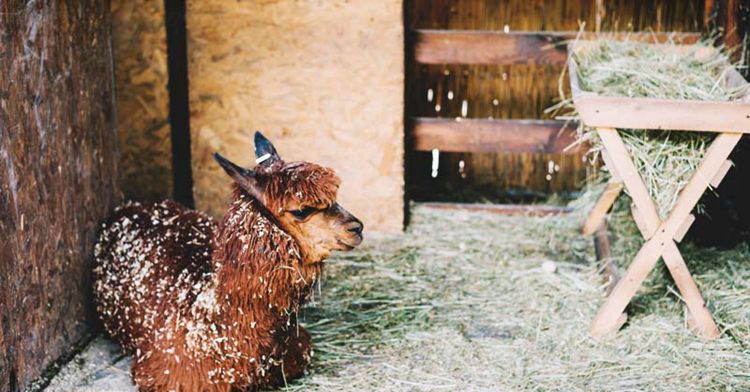
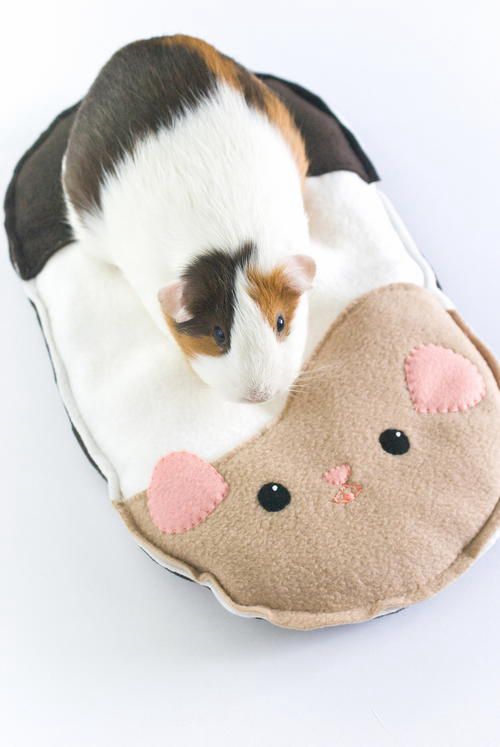
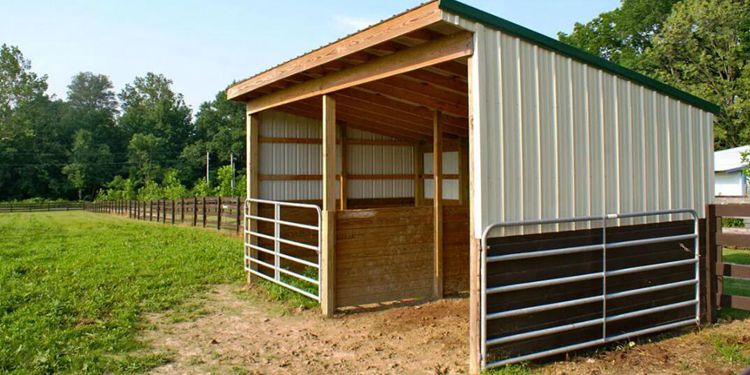
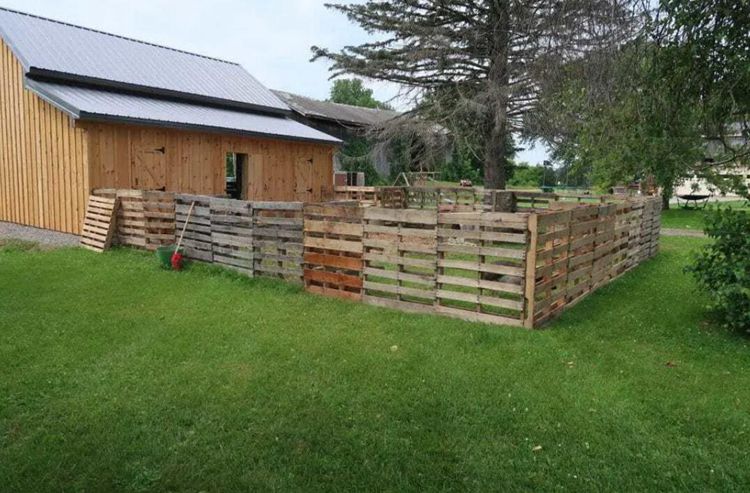

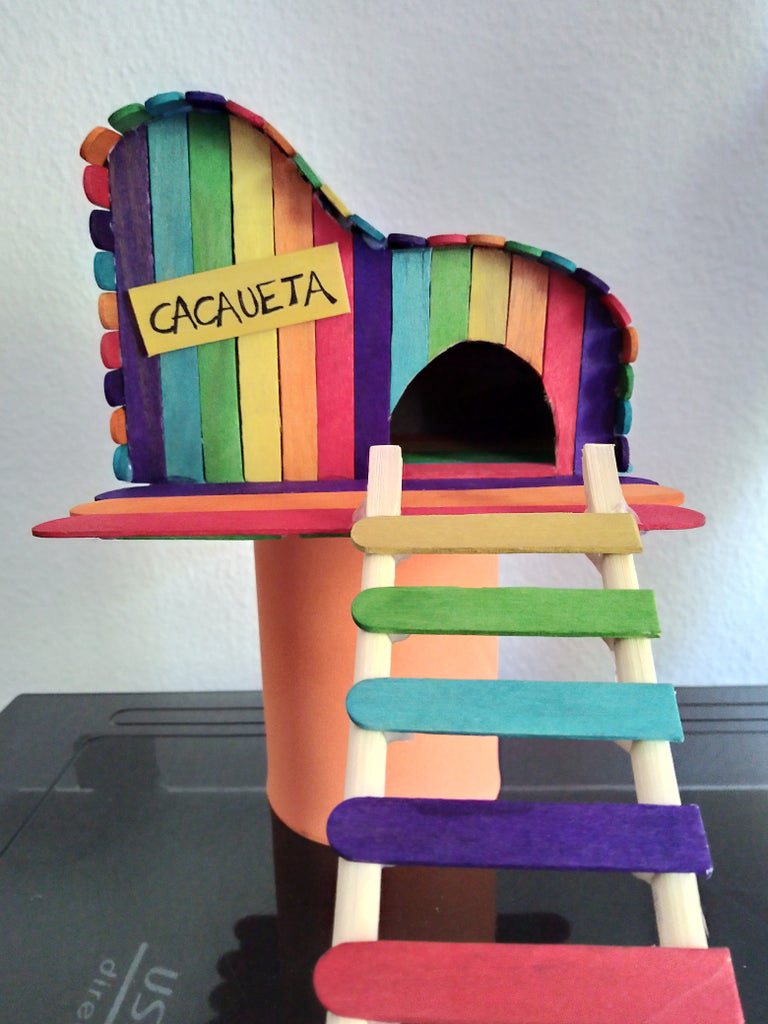
Ask Me Anything